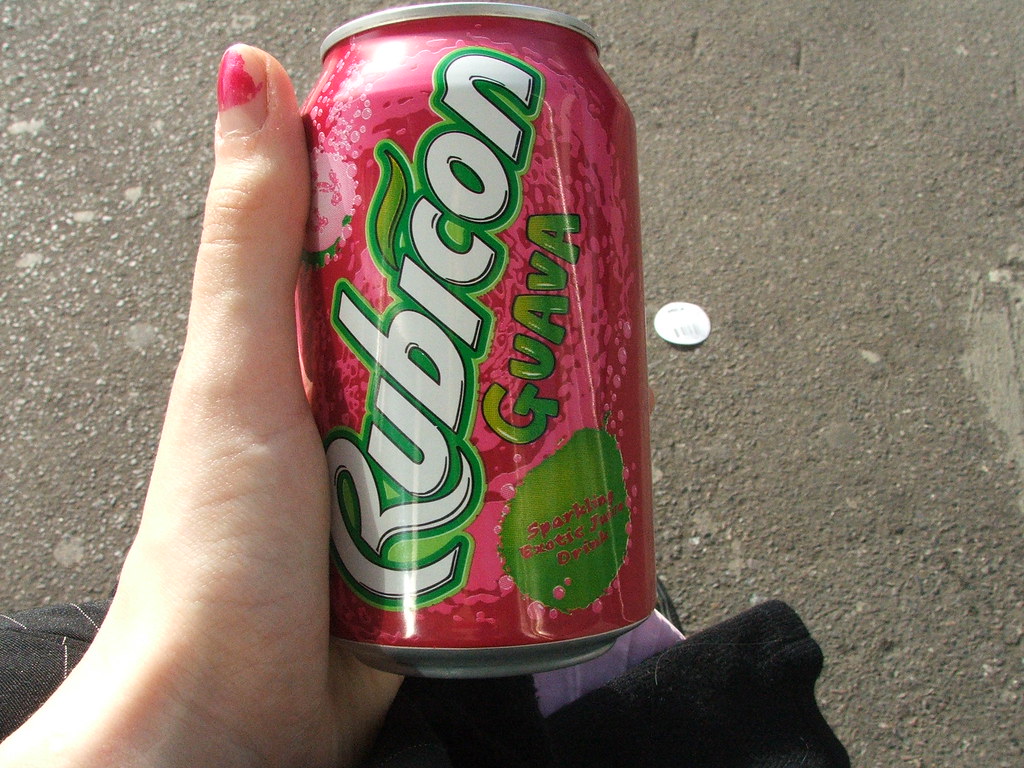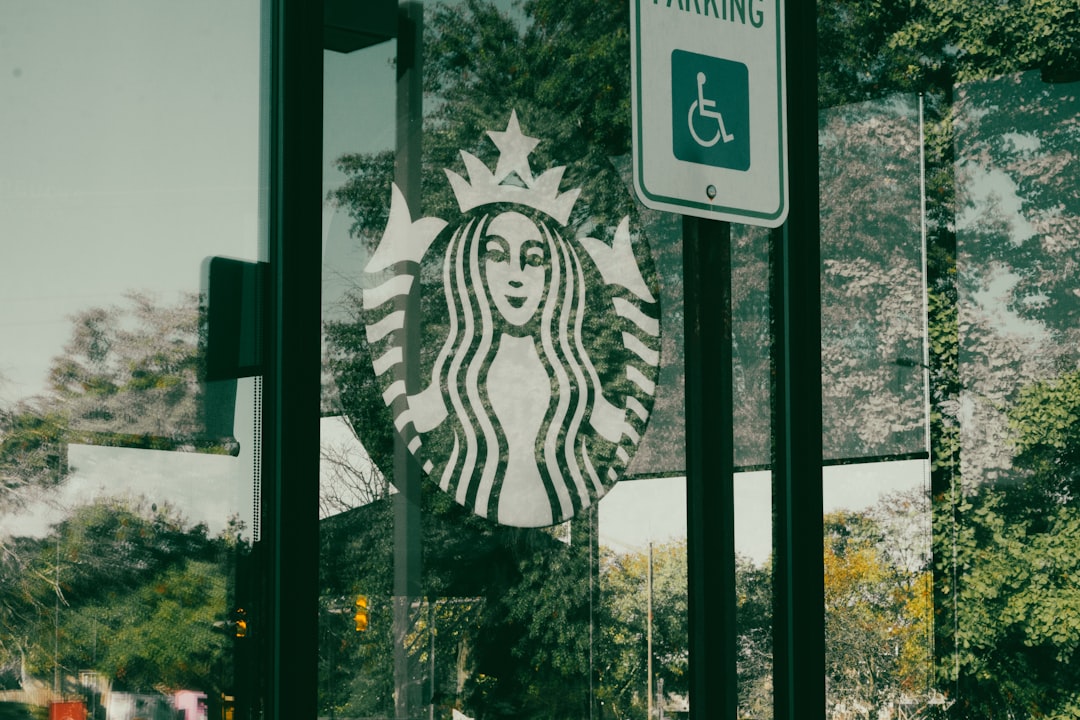Your Energy Levels Crash After Meals

If you notice yourself feeling super energized after lunch, only to crash into a sleepy fog an hour later, it could be a sign you’re eating too much sugar. Research from Harvard Medical School confirms that large spikes in blood sugar are often followed by sudden drops, which can make you feel tired or sluggish. These sugar “highs” and “lows” can be brutal on your body, leaving you drained instead of refreshed. People often blame their afternoon fatigue on a bad night’s sleep, but hidden sugar in foods like yogurt, sauces, and granola bars could be the real culprit. Think of your body like a rollercoaster: the bigger the climb, the steeper the crash. If your days are a series of peaks and crashes, start checking those ingredient labels.
Frequent Breakouts and Skin Problems

Did you know that what you eat can show up on your skin? Several studies, including one published in the Journal of the Academy of Nutrition and Dietetics in 2023, have linked high sugar intake to increased acne and skin inflammation. Consuming a lot of sugar causes your body to release more insulin, which can trigger hormone changes and excess oil production. If you’re constantly fighting pimples or dull skin, it might not be your skincare routine—it could be that sweet tooth. Many people notice clearer skin just a few weeks after cutting back on sugary snacks and drinks. It’s a small change that can have a surprisingly big impact, almost like flipping a switch for your complexion.
Constant Sugar Cravings

If you find yourself reaching for something sweet after every meal, you’re not alone. Scientists from Yale University have found that eating sugar triggers the release of dopamine, the brain’s feel-good chemical. Over time, your brain starts to crave that happy boost, creating a cycle that’s hard to break. This “addiction” to sugar is real and well-documented, with many nutritionists comparing it to the cravings people experience with caffeine or nicotine. If you feel like you need dessert every night, or if you get cranky without your daily soda, your sugar intake might be running the show. Breaking the cycle starts with slow swaps—try fruit instead of candy, or sparkling water instead of soda.
Unexplained Weight Gain

Sugar hides in more foods than you might think, and it’s packed with “empty” calories. According to the CDC, Americans consume about 17 teaspoons of added sugar per day—much more than the recommended 6 teaspoons for women and 9 for men. Extra sugar gets stored as fat, especially around your belly. Even if your calorie count seems fine, those sneaky grams of sugar in your morning coffee or salad dressing can add up, leading to weight gain that doesn’t make sense. If your clothes feel tighter and you haven’t changed your exercise routine, sugar might be the missing link.
Frequent Mood Swings

Ever feel inexplicably irritable or down after eating? A 2024 review in the journal Nutrients highlights that high sugar intake is closely linked to mood instability and even symptoms of depression. Sugar messes with your brain’s chemistry, making you feel happy one moment and cranky the next. Think of it like a sugar-fueled mood seesaw—what goes up must come down. If you notice yourself getting snappy or anxious after a sweet snack, it might be time to reconsider what’s on your plate. Small changes, like swapping out sweetened coffee for plain or adding protein to your snacks, can help steady your mood.
Persistent Cavities and Dental Issues

Dentists have warned us for years: sugar feeds harmful bacteria that live in our mouths, leading to tooth decay and gum disease. The American Dental Association points out that even “healthy” snacks like dried fruit or sports drinks can be loaded with sugar. If your dentist is finding new cavities at every checkup, it’s a sign your sugar intake might be too high. Brushing and flossing help, but cutting back on sugar is the most effective way to protect your teeth. Try swapping sticky snacks for crunchy veggies to keep your smile bright.
Difficulties Sleeping

Too much sugar can mess with your sleep patterns, leaving you tossing and turning instead of drifting off. A recent study from Columbia University found that people who ate more sugar reported lighter, more restless sleep and more nighttime awakenings. Sugar increases your heart rate and stimulates your nervous system, making it harder for your body to wind down. If you’re struggling with insomnia or waking up groggy, check your evening snacks—sweet treats late at night are often to blame. Consider a handful of nuts or a piece of cheese instead of cookies before bed.
Regular Headaches or Migraines

Headaches can have a ton of causes, but sugar is a sneaky trigger that many people overlook. According to the Migraine Research Foundation, sudden changes in blood sugar—like those caused by consuming a lot of sweets—can spark migraines or tension headaches. If you notice a pattern of headaches after sugary drinks or desserts, try cutting back for a week and see if things improve. Sometimes, your body is just asking for a little balance. Hydration and regular meals with less sugar can often make a huge difference.
High Blood Pressure and Cholesterol Levels

For years, people blamed salt and fat for heart problems, but new research is shining the spotlight on sugar. A 2023 report from the American Heart Association found that diets high in added sugar are linked to increased blood pressure and higher levels of LDL (bad) cholesterol. This can quietly increase your risk for heart attack or stroke, even if you feel fine right now. If your doctor has mentioned rising blood pressure or cholesterol, look at your sugar intake, not just your salt shaker. Simple swaps like unsweetened cereal or plain yogurt can help protect your heart.
Digestive Problems and Bloating

Ever feel bloated or gassy after eating? Sugar, especially in the form of fructose or artificial sweeteners, can be tough for your gut to process. The Cleveland Clinic explains that too much sugar feeds “bad” bacteria in your digestive tract, leading to bloating, gas, and even diarrhea. If your stomach feels off after eating processed foods, sugar could be to blame. Switching to whole foods and drinking more water can help your gut recover and keep things moving smoothly.
How to Cut Back on Sugar—Without Feeling Deprived

Cutting back on sugar doesn’t have to mean giving up everything you love. The key is to make gradual changes and find tasty swaps. Start by reading labels—sugar hides under names like sucrose, high-fructose corn syrup, and maltose. Try swapping soda for sparkling water with lemon, or trade your morning pastry for oatmeal with berries. Meal prepping can help you avoid sugar-packed convenience foods, and carrying healthy snacks like nuts or sliced veggies makes it easier to resist temptation. The World Health Organization suggests aiming for less than 10% of your daily calories from added sugars. Every little change adds up, and your body—and mind—will thank you in the long run.







